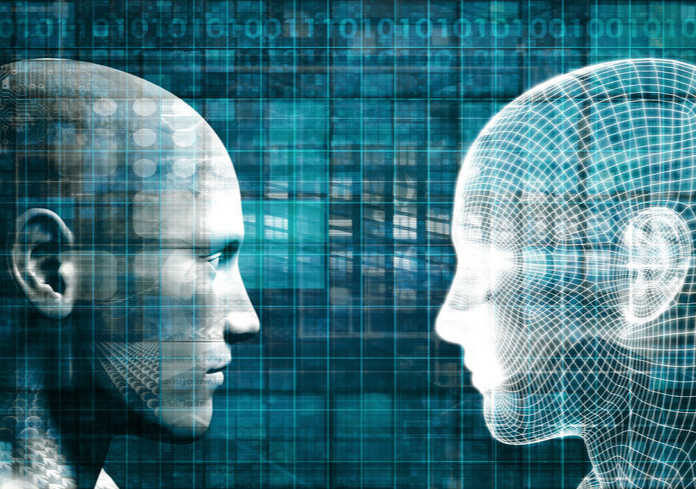
IBM launched a new business to help employers leverage artificial intelligence and automation. The unit, IBM Talent & Transformation, provides skills training in AI and “helps companies drive the transformation necessary to use AI” to improve workflows, help tackle bias and in general integrate new technology into the workplace in general and HR specifically.
Businesses today face “dual demands of undertaking digital transformation and reinventing their businesses and processes through the application of new technologies such as AI, automation and blockchain,” said Mark Foster, senior vice president at IBM Global Business Services. Contending that “the biggest barrier to progress will lie in accessing the right talent and skills,” he said, “IBM believes that building a workforce to compete in the era of AI is as much about culture and specialized expertise as it is about technology.”
IBM's Talent & Transformation business provides skills training to help 'companies drive the transformation necessary to use AI' Click To TweetIf that’s the case, transforming an organization may be like hacking through a rainforest. In announcing the unit, IBM noted that few CEOs or employees feel prepared to take advantage of AI, despite the buzz surrounding it. That’s not a particularly new feeling.
However, the company’s research also found a significant disconnect between how CEOs and CHROs view AI. According to IBM, two-thirds of chief executives say AI will drive significant value in HR. At the same time, only 11 percent of CHROs believe their organizations have the AI, data science and machine learning skills needed to fulfill their potential. In part, at least, IBM Talent & Transformation seems designed to close that gap.
It’s also worth noting that 84 percent of employed adults in the U.S. and UK say AI can drive competitive advantage, but less than half are confident their organizations can use the technology to achieve that. More than 50 percent believe their company’s culture will be a barrier to adoption. Finally, consider the size of the playing field: Over the next three years, up to 120 million workers in the world’s 10 largest economies may need to be retrained or re-skilled as a result of AI and intelligent automation, IBM said.
Competition for HR’s AI Dollars
To be sure, corporate investment in AI is rising. According to Investor’s Business Daily, an April 2018 survey by Morgan Stanley found that 48 percent of CIOs were installing or testing AI and machine learning systems this year, up from 33 percent 12 months earlier. In its 2018 Global Human Capital Trends report, Deloitte cites CB Insights’ estimate that since 2015 over $6 billion has been invested in over 1,000 AI startups focused on a wide range of sectors including transportation, health care and HR.
How much of that money is being put toward AI tools for HR isn’t clear, but separate research by Deloitte revealed that in 2015, 47 percent of HRIS systems were at least seven years old. That indicates a rising need for replacement systems, and it’s tough to find an HCM technology vendor that doesn’t hype its AI components, developed or planned.
Clearly, this is the wave IBM wants to ride. And since IBM is no longer the obvious leader in AI technology, again according to Investor’s Business Daily, it’s undoubtedly feeling competitive heat from the likes of Amazon and Microsoft. “We expect market share will continue to shift among leading vendors given the infancy of the AI/machine learning market,” Morgan Stanley said.
Training, Not Just Technology
IBM said Talent & Transformation’s services, tools and training programs benefit in part from lessons learned during the company’s own workforce transformation. In addition to helping employees develop skills and pursue new career opportunities, they’ll allow HR to measure flight risk and flag bias in talent acquisition efforts.
Another new service offering, the IBM AI Skills Academy, will help customers plan, build and apply strategic AI initiatives—such as evaluating AI roles and skills, building the necessary skills, and creating an organizational structure in support of AI strategy—across the enterprise.
IBM’s initial messaging about Talent & Transformation is as much about the education necessary to transform as it is about tools. That’s heartening, because it shows the company understands how important the human factor is to the adoption of AI. The key challenge it faces, as does its competitors, is whether it can help CHROs and CEOs align more closely in what’s possible in theory and what can be accomplished on the ground.
Sign up for our newsletter here.
Image: 123RF















